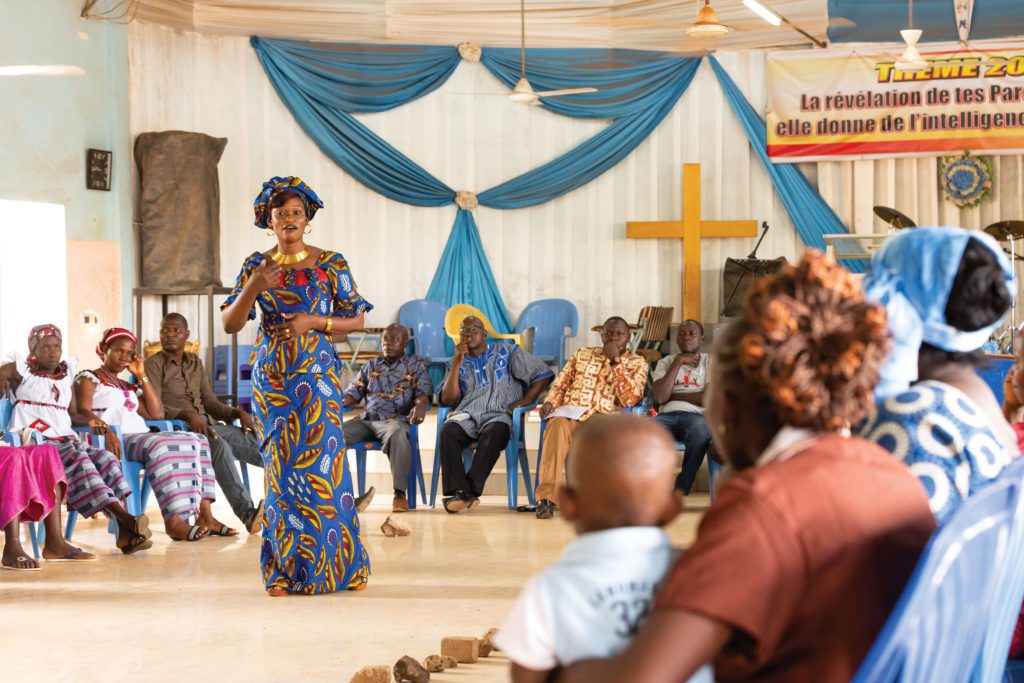Orality Methods and Strategy


Orality Methods and Strategy: A Growing Movement
by Jerry Wiles
Over the past 40 years there has been an increasing awareness among global mission leaders of the importance of Orality as it relates to completing the Great Commission. Not only are the most unreached people groups primarily among Oral Cultures, but there are many Oral preference learners throughout the entire world today, including North America and Modern Western nations. (Approximately 80% of the world population are Oral Learners, by necessity or by preference. See https://orality.net/about/who-are-oral-learners
As the Orality Movement is growing and maturing, there is a greater recognition and discovery of how the multiple applications of the concepts, principles and practices of Orality can enhance evangelism, disciple making and church planting. However, there are many other applications, including areas such as integral mission, community health, relief and development and leadership training.
In our learning journey of the movement, Orality methods are now being effectively used in short-term mission trips, business as mission, racial reconciliation and trauma therapy. While there are numerous applications and aspects of the Orality domain, the heart and core, or foundation, of the movement is primarily about two things: communicating the Gospel and making disciples, but doing so in ways that are biblical, universal, cross-cultural and reproducible.
Orality methods and strategies are critical in terms of mission efforts in the most difficult places, limited or creative access countries, ministering among refugee and immigrant communities, and working alongside insider movements. They enable us to cross every barrier and border on the planet. Other applications can include prison ministries, reaching street gangs, the homeless, ex-pats and re-pats, international students and the diplomatic communities.
Those with proper orality training and skills are able to minister anywhere, with what’s in their heads and hearts, that can be reproduced in the heads and hearts of others, requiring no literature or technological resources.
Advocates and practitioners of Orality would say that anyone involved in communicating, training or relationship building can benefit from Orality Training. In other words, pretty much everyone can benefit. For example, Orality can improve relationships within local congregation, as well as among pastors and church leaders on a regional basis. Many are finding the methods effective in family devotions and oral inductive Bible study groups.
Many in the Western World are now discovering that there is much we can learn from the more relational, communal, Oral Cultures (primarily in the Global South). Of course, there is much we can learn from focusing on the life, the teachings and the Spirit of Jesus, as well as the Apostles and the Early Church. These Orality-based concepts, principles and practices are what allowed the Gospel to spread throughout the entire populated world in the First Century.
In many ways, the Orality Movement is simply getting back to the roots of the Church and the most effective ways that people have learned, communicated and processed information from the beginning of time. Ultimately it is the work of the Holy Spirit of course who produces lasting fruit.

JERRY WILES
North America Regional Director of International Orality Network
President Emeritus of Living Water International
Mission Advisor: Orality Methods and Strategy



